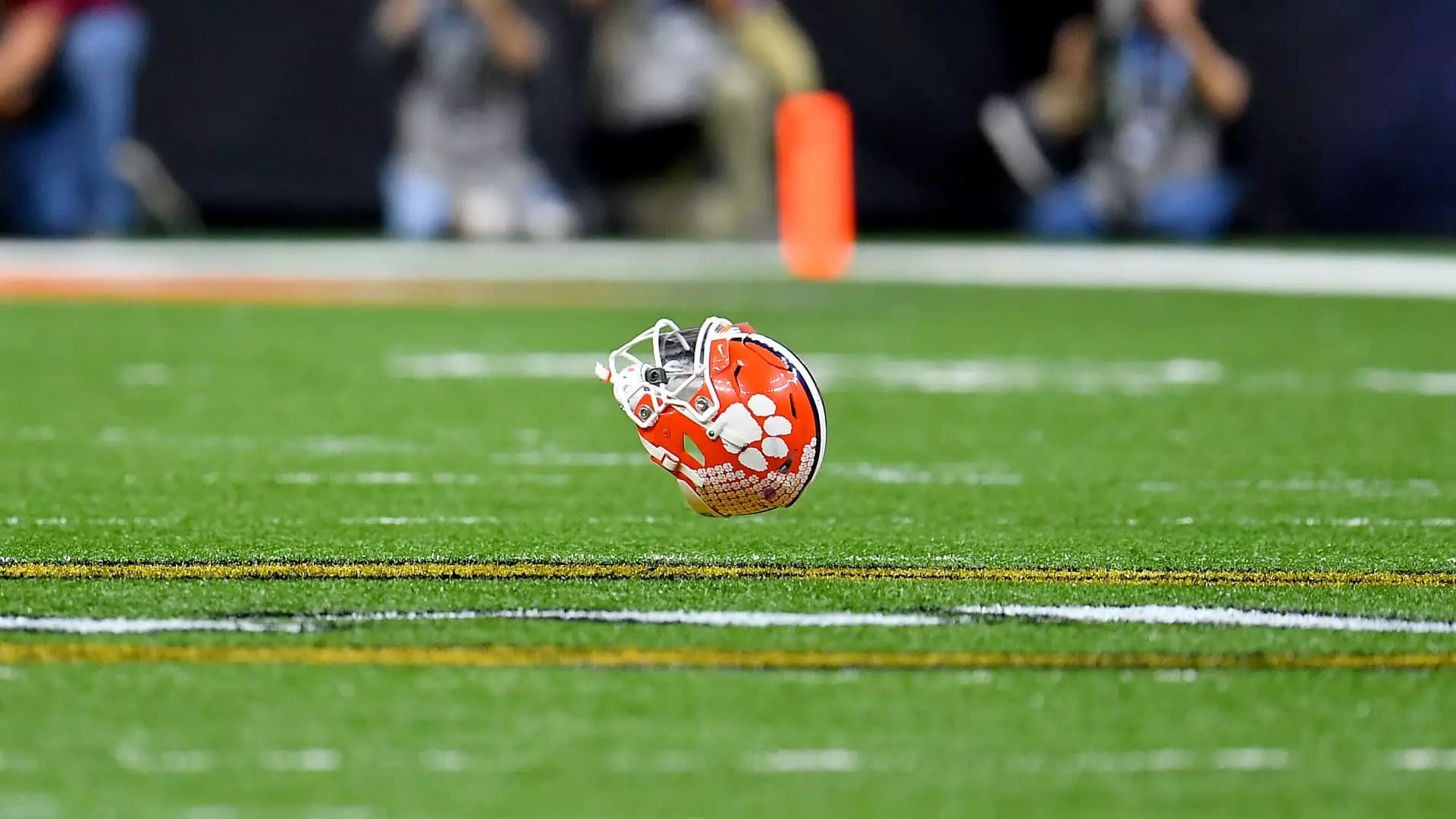After a tumultuous two-week blackout, DirecTV and Disney have reached a critical agreement that will restore access to key Disney networks, including ESPN, to the satellite provider’s subscribers. This resolution comes just in time for significant upcoming events, including the kick-off of college football season on channels such as ABC and ESPN, alongside the Emmy Awards, also scheduled to air on ABC. The standoff, which began on September 1, was fueled by disagreements over pricing and package structures, leaving over 11 million DirecTV customers without access to marquee programming such as the U.S. Open and several prominent football games.
The blackout underscored the crucial role that live sports programming plays in the media landscape, highlighting the stakes involved for both DirecTV and Disney. DirecTV executives had long advocated for more flexible bundling options, promoting “skinnier,” genre-specific channel packages that cater to modern viewers’ preferences. However, Disney remained firm in its stance, asserting that DirecTV’s proposals did not accurately reflect the value of its channels.
On Saturday, the two companies announced a groundbreaking deal characterized by “market-based terms,” enabling DirecTV to diversify its offerings to include various genre-focused packages. This arrangement will encompass not just traditional television networks but also Disney’s popular streaming services, such as Disney+ and Hulu, along with ESPN+. Furthermore, DirecTV gained exclusive rights to distribute Disney’s forthcoming flagship ESPN direct-to-consumer streaming service, anticipated to launch in the fall of 2025, without imposing additional charges on its subscribers.
In their joint statement, both companies hailed the agreement as a “first-of-its-kind collaboration,” emphasizing the introduction of customizable video experiences. By allowing customers to tailor their viewing preferences more closely than before, DirecTV is responding to a growing consumer demand for versatile entertainment options. This shift may mark a pivotal transformation in how pay-TV providers compete in a streaming-dominated marketplace.
The implications of this deal extend beyond just DirecTV and Disney; the broader pay-TV landscape is in flux, with consumers increasingly leaning towards on-demand streaming services over traditional cable offerings. This trend has been compounded by earlier disputes, including a controversial blackout that had similar ramifications for Charter Communications and Disney. As sports networks remain vital for attracting and retaining subscribers, the supporting players—bars, restaurants, and other small business owners—are impacted directly by such standoffs.
Media companies and pay-TV providers must navigate the rapidly evolving consumer preferences while ensuring that live sports remain accessible. During the blackout, some bars and restaurants were unable to provide the full spectrum of sports content for patrons, further showcasing the interdependence between these providers and their commercial clients. As DirecTV and Disney move forward, their partnership may serve as a model for more flexible content distribution in an ever-changing media environment.
Despite the agreement, challenges remain. Discontent lingers after the blackout, as DirecTV’s Chief Marketing Officer Vince Torres acknowledged that the company had lost customers due to the dispute. Moreover, DirecTV utilized a $30 credit to appease its subscribers during this difficult time, funded by withholding payments to Disney, which may have lasting repercussions on their relationship. This tactic could be perceived as undermining the partnership’s goodwill.
Additionally, previous incidents with Disney’s offer to provide ABC for a critical presidential debate reflect the complexities of negotiations between broadcasting rights and public interest. DirecTV’s rebuff of a temporary access request pointed to the enduring tension between business motives and customer service, a juxtaposition that will need to be carefully managed.
As the regulatory environment also weighs heavily on the media sector, with ongoing scrutiny over antitrust issues, the Federal Communications Commission remains a watchdog in this unfolding narrative. The pending complaint filed by DirecTV posits tough questions about Disney’s negotiating practices.
The resolution between DirecTV and Disney could signify a turning point, marking a shift towards a more customer-centric approach in the pay-TV sector. By embracing the call for versatility and choice in content delivery, both companies have an opportunity to recover lost ground and reignite engagement among subscribers. This partnership’s evolution serves as a reminder that in the world of entertainment, negotiations, and adaptability will be key to meeting the ever-changing demands of the modern viewer. As the traditional cable model faces unprecedented challenges, a focus on flexible offerings may well become the future of content distribution.

